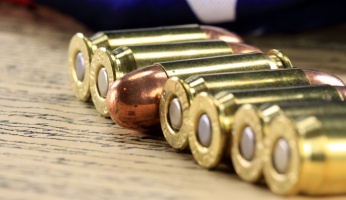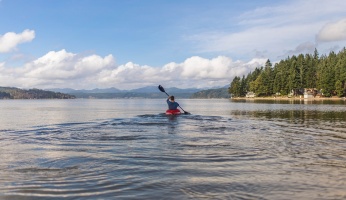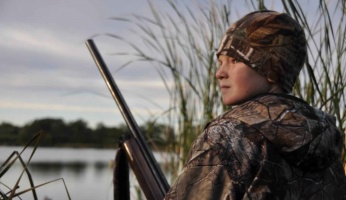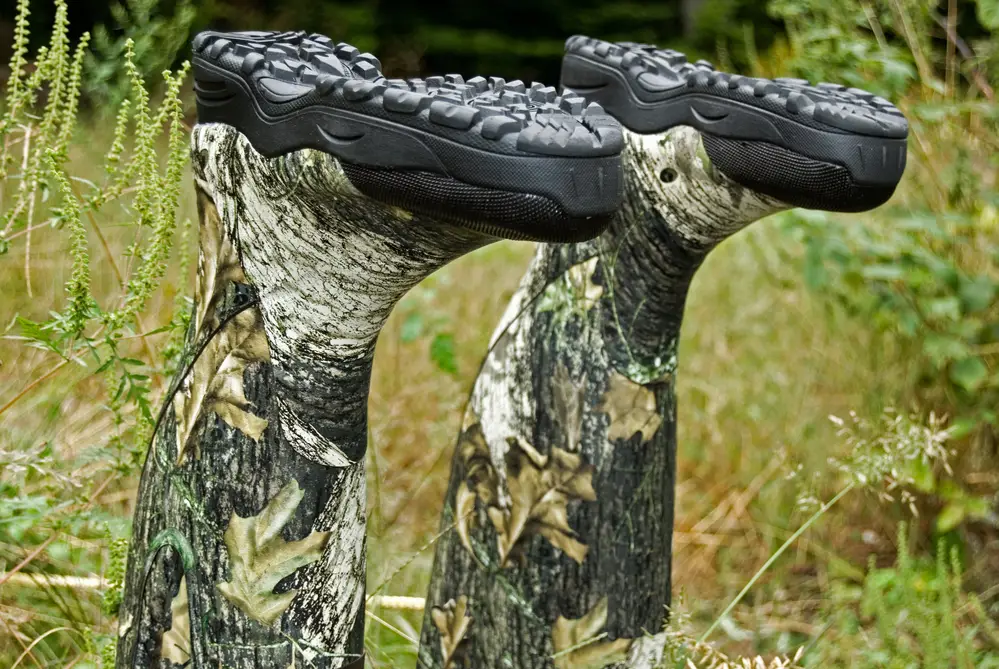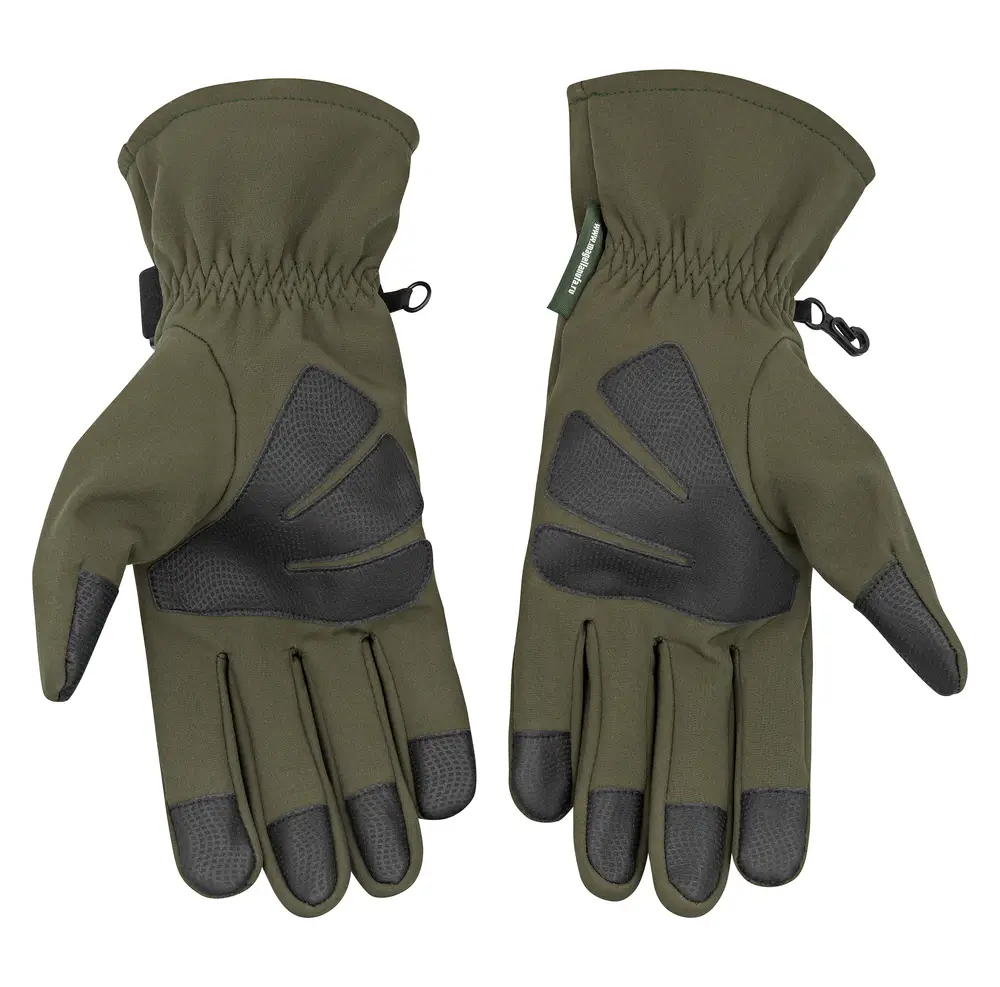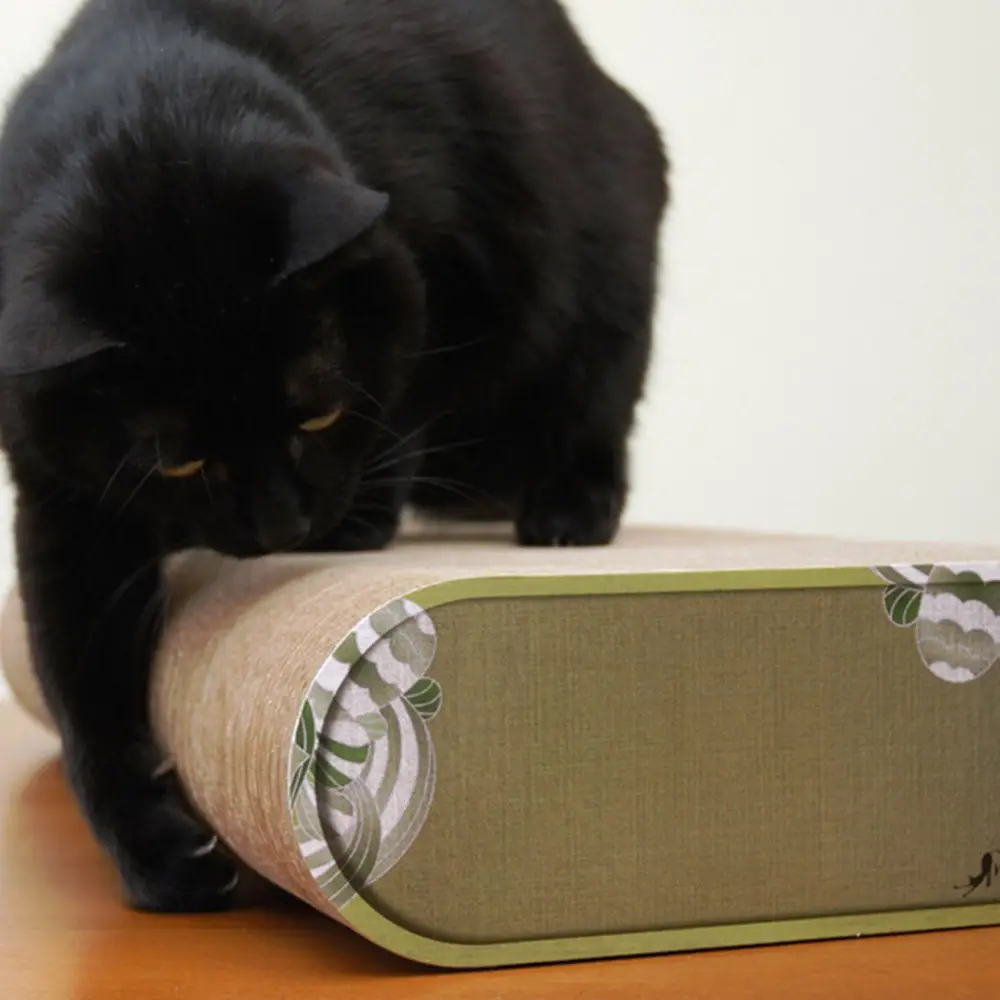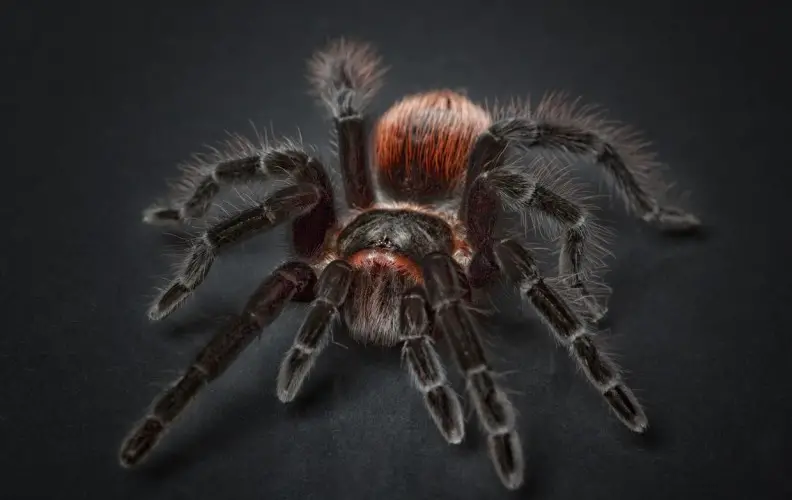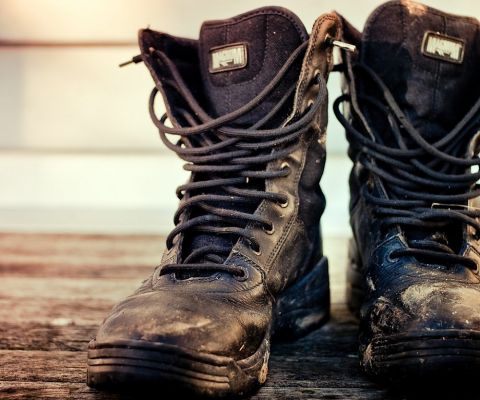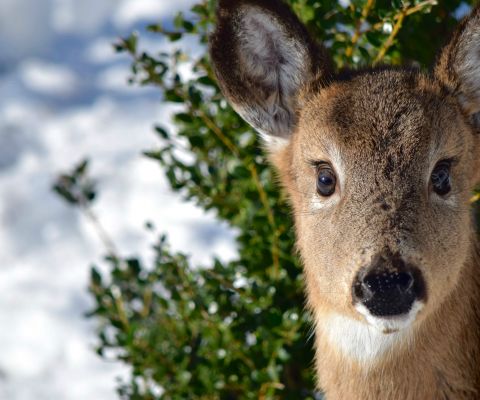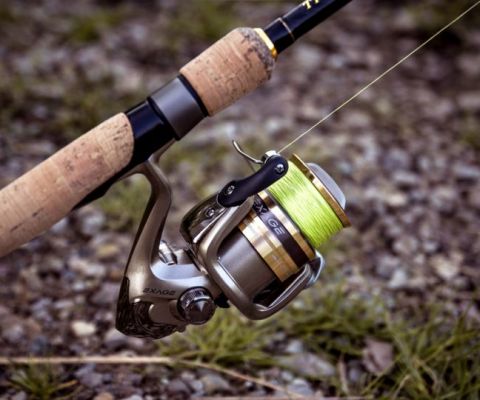How To Organize Your Hunting Gear
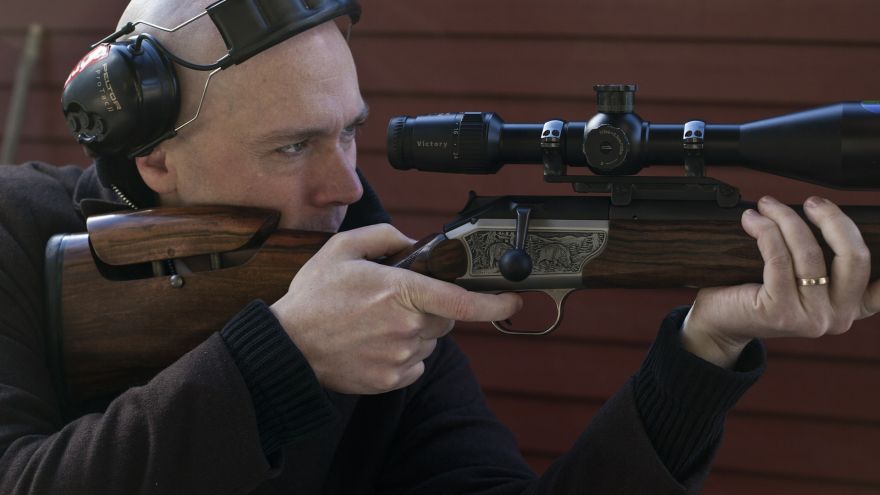 How To Organize Your Hunting Gear
thegearhunt.com
How To Organize Your Hunting Gear
thegearhunt.com
Before you can even think about going out on your first (or next) hunt, the very first thing you need to do is get all of your hunting gear in order.
It’s important that you have all of the essential gear that you need in order to successfully complete your hunt and to ensure that you will survive in the unfortunate event that you become lost or stranded in the wilderness.
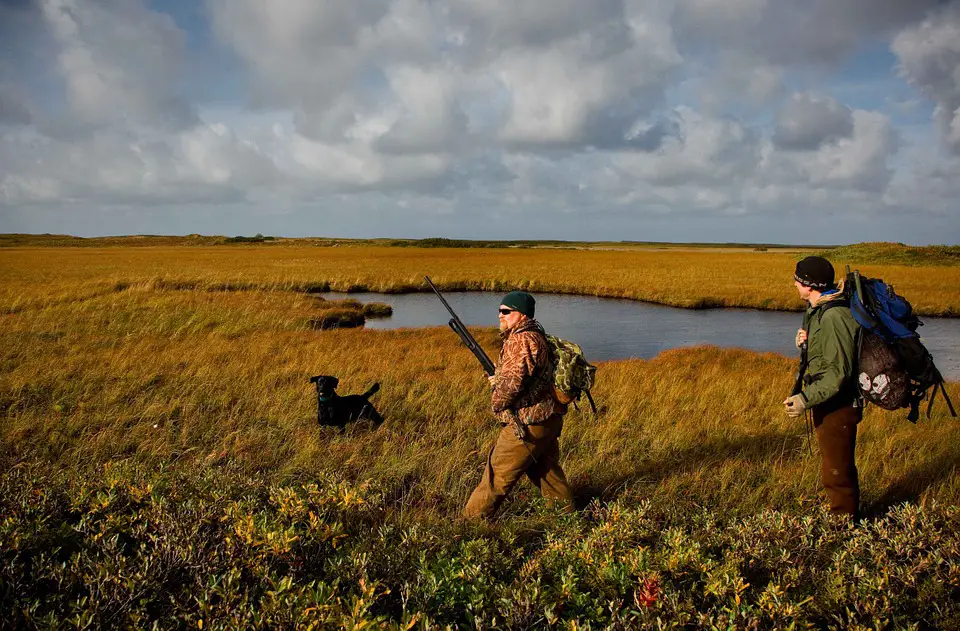
Let’s go over all of the hunting gear that you should need and how to organize it:
Clothing
The very first thing that you need is clothing, and specifically, clothing that is appropriate for the environment in which you will be hunting. The colder the weather, the warmer you will want to dress. However, even in warm weather, it’s important to bring a jacket or a coat with you in the event that it rains or becomes colder.
Every hunter needs a good pair of hiking boots that offer the perfect combination of comfort, traction, and the ability to withstand rugged weather. Next, you’ll need a warm pair of wool socks that are at least as long as your boots are; avoid cotton socks as they are very poor at resisting water.
Next, you must have a warm pair of pants that ideally should be camouflaged with the environment. Again, wool is a good option while cotton is not. You’ll also need a shirt that sticks to your skin and a wool or fleece coat/jacket to go over it. This jacket or coat should match the camouflage of your coat. To top things off, select a cozy hat to keep your head warm.
Finally, if the laws in your state or local zone require or if you like having it anyway, you will orange on you to distinguish you to hunters. The two most popular options here are an orange vest or an orange hat.
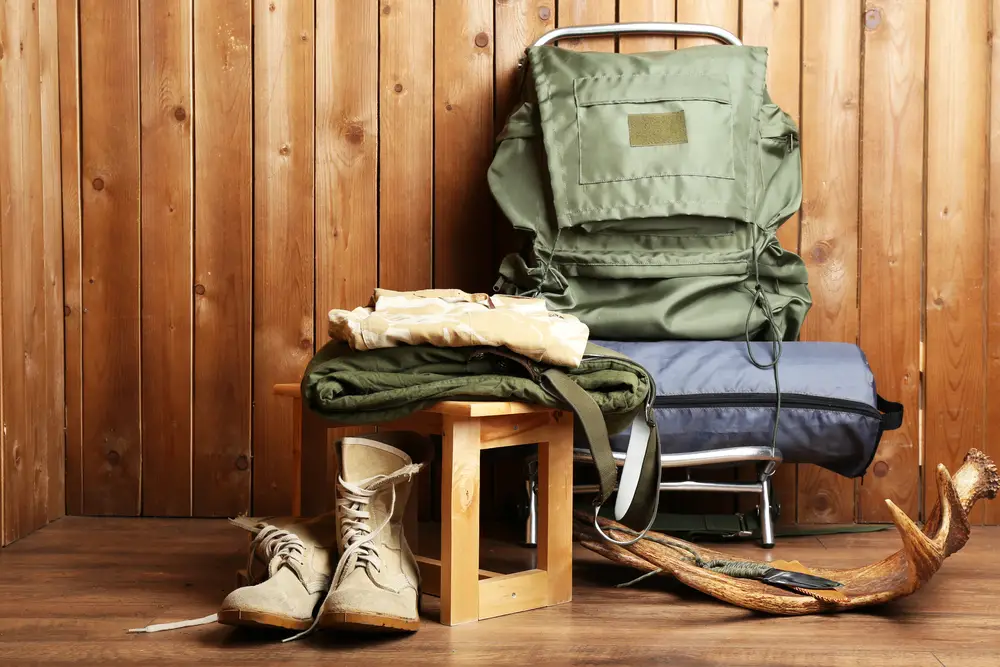
Weapons
After your clothing, the next most important item that you must have for hunting is your weapon. It’s important that you select a weapon that is appropriate for the game you are hunting; for example, a .22 LR is too light for deer, while a 12 gauge will make a mess of the meat in a game bird as small as grouse.
In addition to their main long gun or bow, many hunters like to keep a backup weapon such as a handgun on them in the event of close encounters. If so, select a handgun with enough stopping power for stopping dangerous game (.45 ACP, .357 Magnum, and .44 Magnum are popular caliber options for a hunting sidearm).
Another very critical tool to have with you is your hunting knife. Not only is this an imperative survival item, it will also be necessary to have when you need to clean your game.
Both your hunting weapon and your knife need to be kept in places where they can be easily accessed.
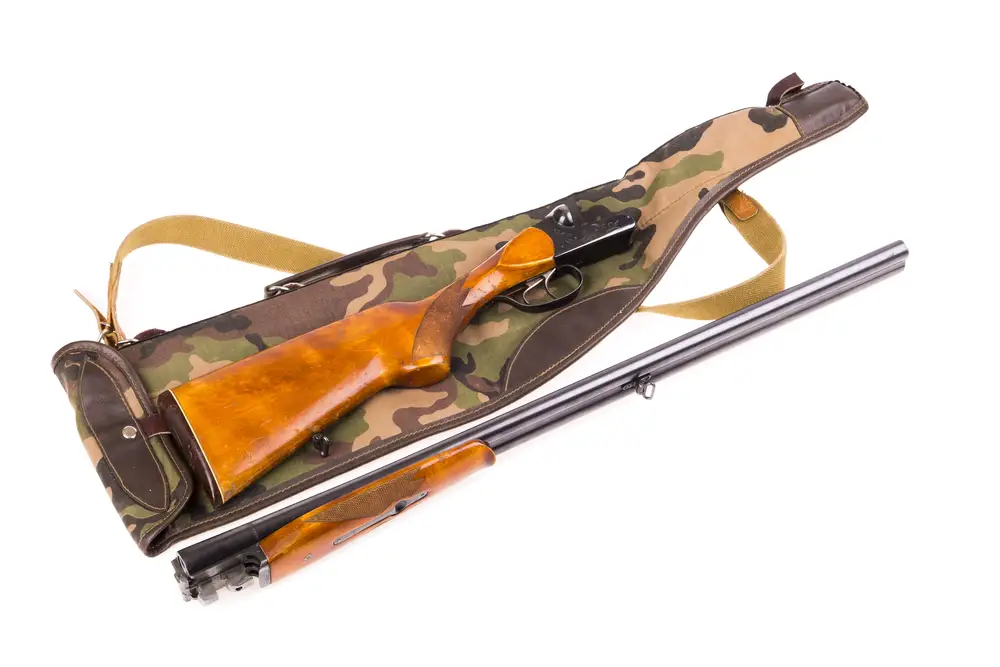
Backpack and survival gear
The next thing you need is your backpack inside which you will carry most of your survival gear. While you hopefully won’t have to use this gear, it’s critical that you’re prepared for the worst. Accidents can happen in a hunting trip such as injuries or getting lost, and your chances of survival will always be up if you have plenty of critical survival gear with you.
At the same time, you don’t want to carry too much gear to the point that you become weighed down and your movement is inhibited. Keep in mind, if your hunt is successful, you’ll have to haul out your game as well.
The most critical items to keep in your backpack include:
- Fire Starters (matches, lighter, magnesium flint striker, etc)
- Water Filter or Purification Tablets
- Knife (having a backup to your main hunting knife is never a bad idea)
- GPS
- Map and Compass
- Flashlight (with spare batteries)
- Radio
- First Aid Kit (go with a custom kit over a cheap store bought one)
- Emergency Poncho
- Prescription Medications (if applicable)
- Hunting License and Tags
You can add more items as you see fit of course, but you would be very unwise to exclude any of the items in the list above. You will also need to include items that are relevant to your climate (for example, it would be wise to bring sunscreen if you’re hunting in the desert and a blanket if you’re hunting during the winter).
The actual backpack that you choose will also be important. Above all else, you need to select a high quality pack that is waterproof and can withstand rugged environments. You may also want to select an external framed pack over an internal framed one simply because it is stronger and can help you to carry out your game.
The color of your backpack is also more important than you may realize. Avoid bright colors such as red, yellow, or orange and instead select one that can blend in with your environment better, such as camouflage, green, or brown.
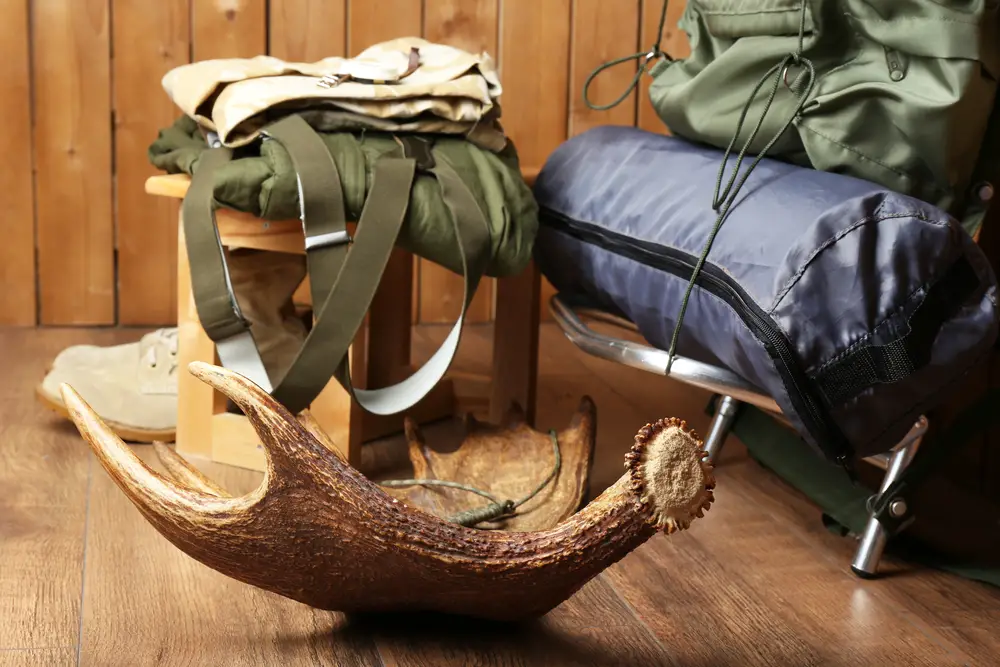
Food and water
Last but not least, you should never go hunting without taking food and water with you. Water in particular is absolutely critical as you cannot live for more than three days without it and will experience the negative effects of dehydration in less than one. Take at least one full canteen or water bottle with you, at minimum.
Food will also be important to keep your energy levels up and to keep you fed if you plan on being gone for most of the day. The best foods to take with you on a hunting trip will be ones that are compact, filled with essential nutrients and proteins, and that require little to no preparation. Examples of include granola bars, protein bars, canned food, or prepackaged foods that can be prepared with water.
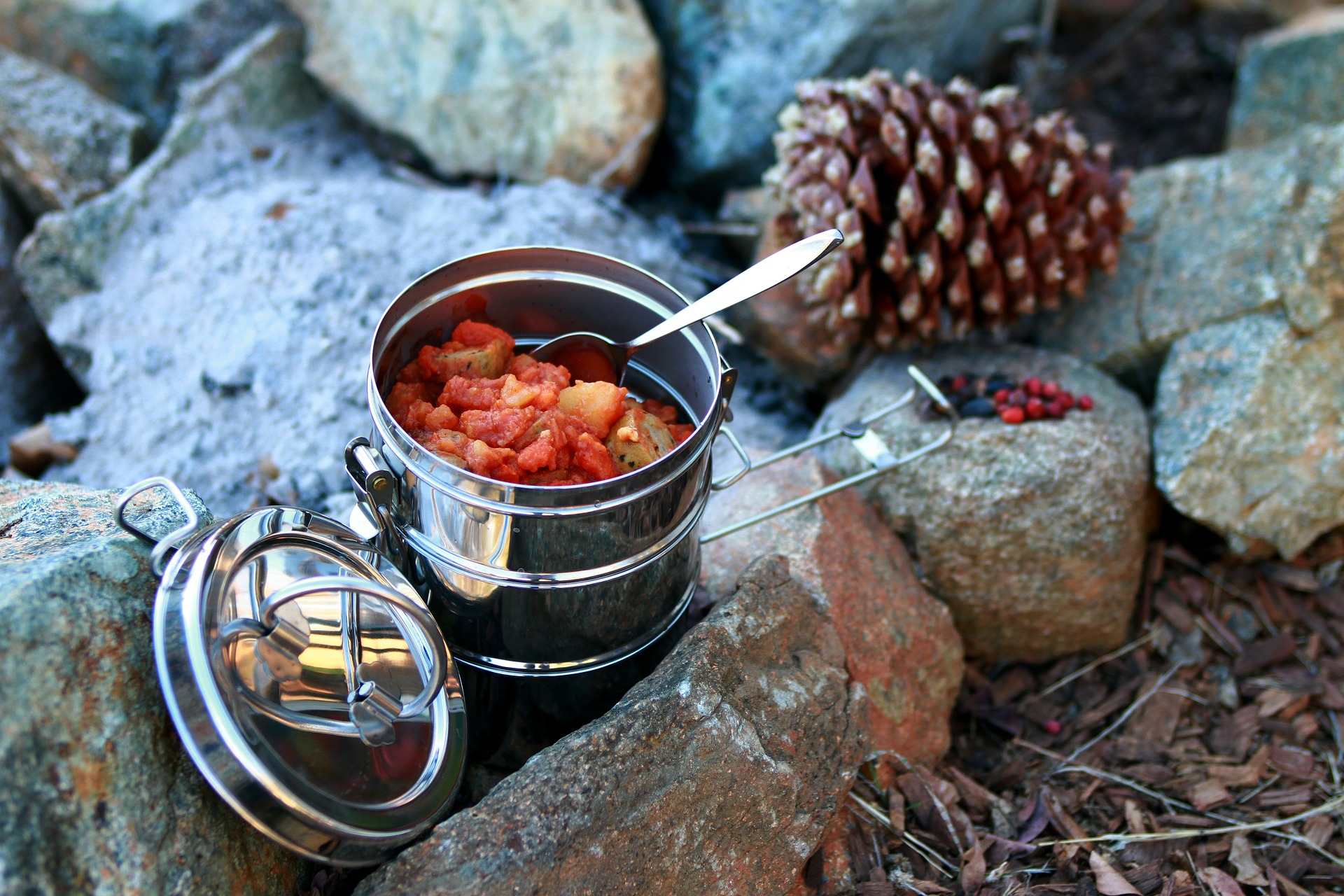
Conclusion
In short, knowing which gear you need to bring with you and how you are going to organize it is essential for any hunting trip. While it’s up to you to decide exactly where you want to place all of your gear, this article has hopefully given you a solid idea of what you need to have.





